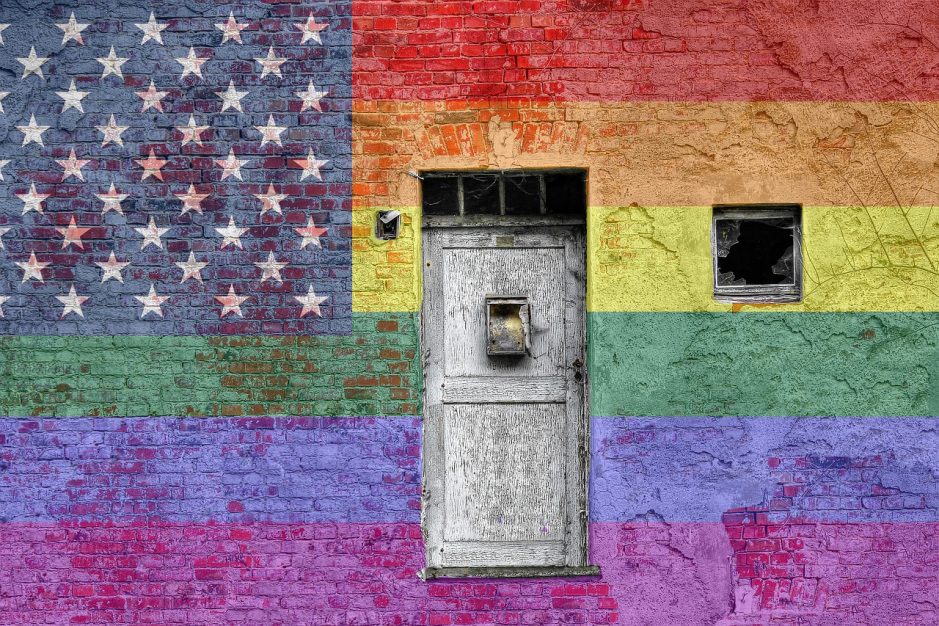At a recent reading of a new play by a playwright I know, an audience member pointed out that racism and transphobia were part of the play, but were not dealt with within the play. For example, an extremely transphobic father deadnames his daughter and disparages her in a number of ways, remaining aligned with the opinion that he sees her as “his son.” The trans daughter speaks up for herself, but the scene is only about fifteen minutes long, and we never see these characters again.
It is a play with an episodic structure, featuring a number of different characters in scenes that are connected by place and theme, similar to “Almost, Maine.”
The audience member was upset that the issue of outspoken transphobia was left relatively unanswered. I think this is, in part, because they see theater as a way to thoughtfully explore and address such issues, and it is a political act to address them, as well as to simply leave them be.
I find myself thinking about this comment, and wondering about the impact of the play on audience members who are themselves trans, as well as those who are transphobic, or ignorant about trans experience. I think I would make a recommendation: that the writer seek input from trans people, and incorporate their input in the next draft.
